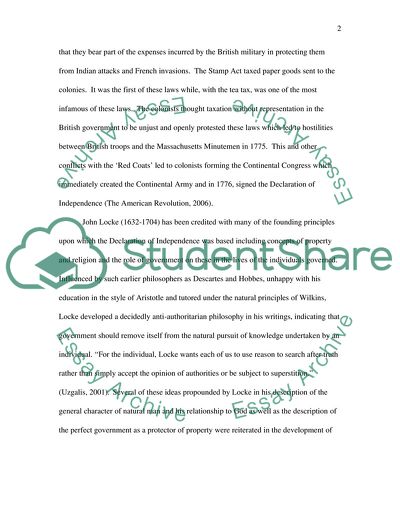Cite this document
(The Declaration of Independence - Its Origins and Effects Literature review, n.d.)
The Declaration of Independence - Its Origins and Effects Literature review. https://studentshare.org/politics/1736945-declaration-of-independence
The Declaration of Independence - Its Origins and Effects Literature review. https://studentshare.org/politics/1736945-declaration-of-independence
(The Declaration of Independence - Its Origins and Effects Literature Review)
The Declaration of Independence - Its Origins and Effects Literature Review. https://studentshare.org/politics/1736945-declaration-of-independence.
The Declaration of Independence - Its Origins and Effects Literature Review. https://studentshare.org/politics/1736945-declaration-of-independence.
“The Declaration of Independence - Its Origins and Effects Literature Review”. https://studentshare.org/politics/1736945-declaration-of-independence.


